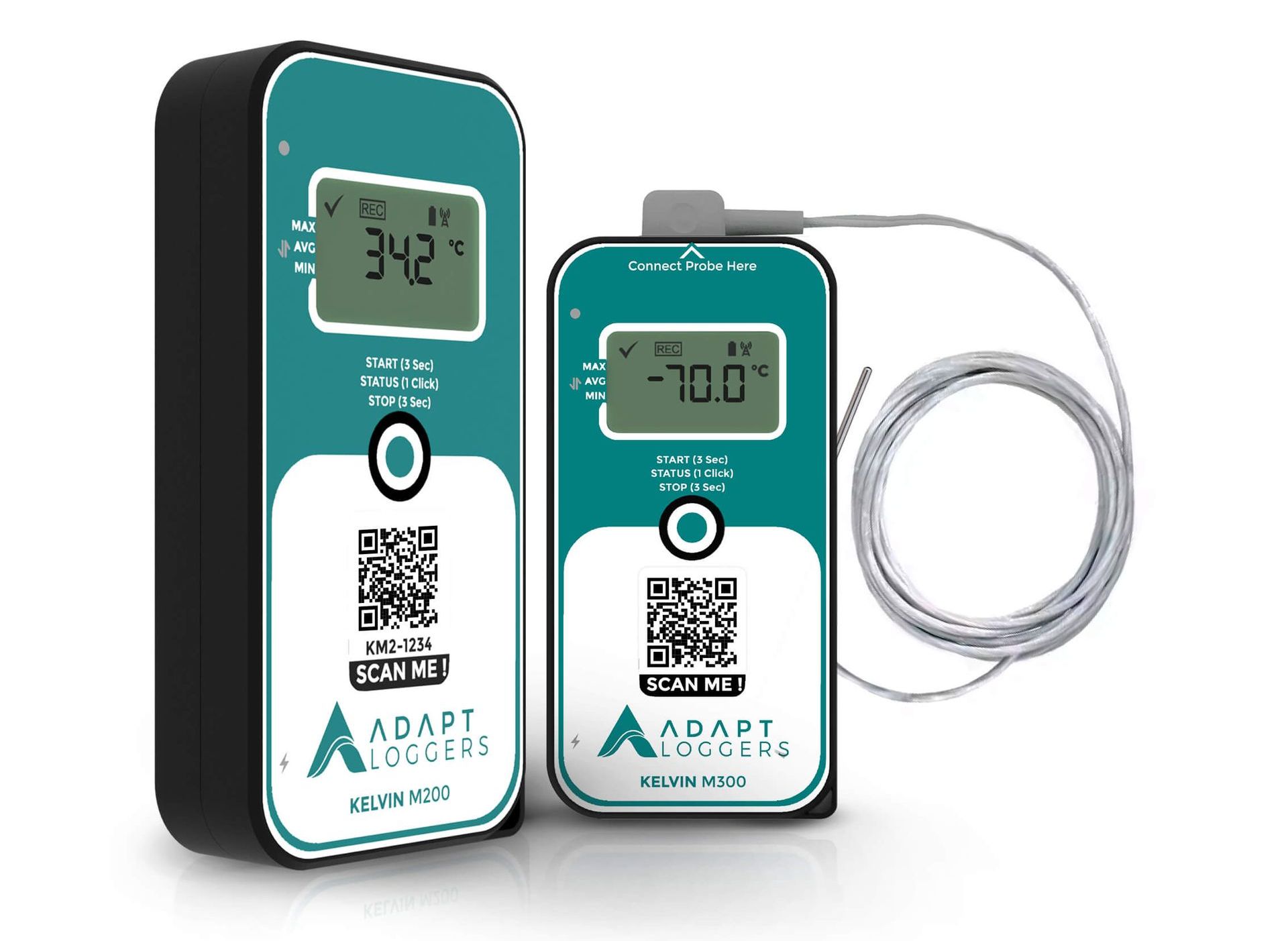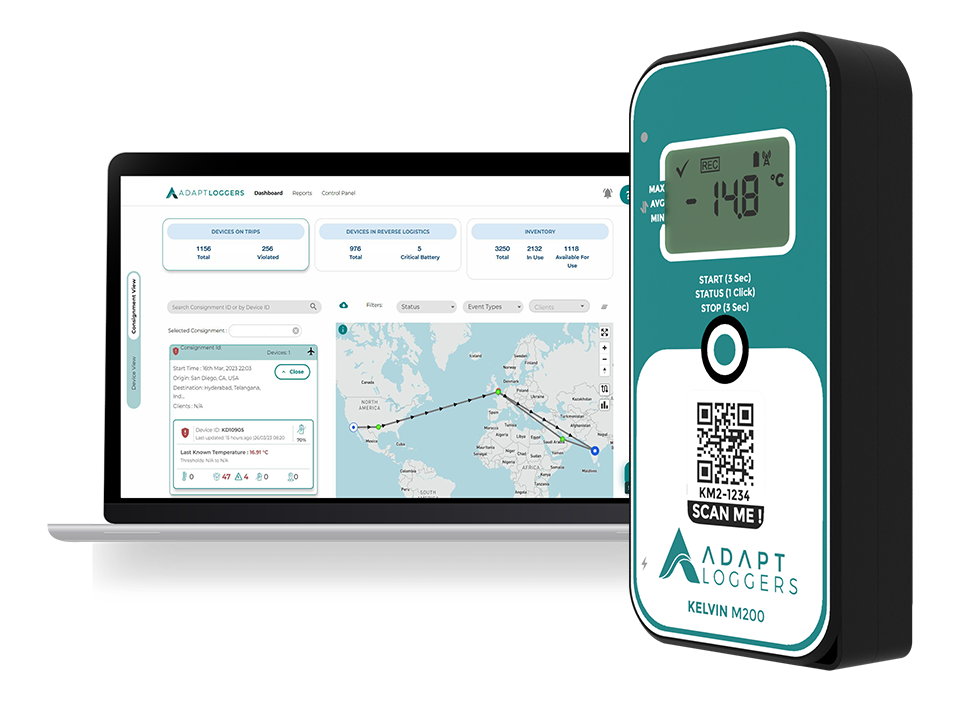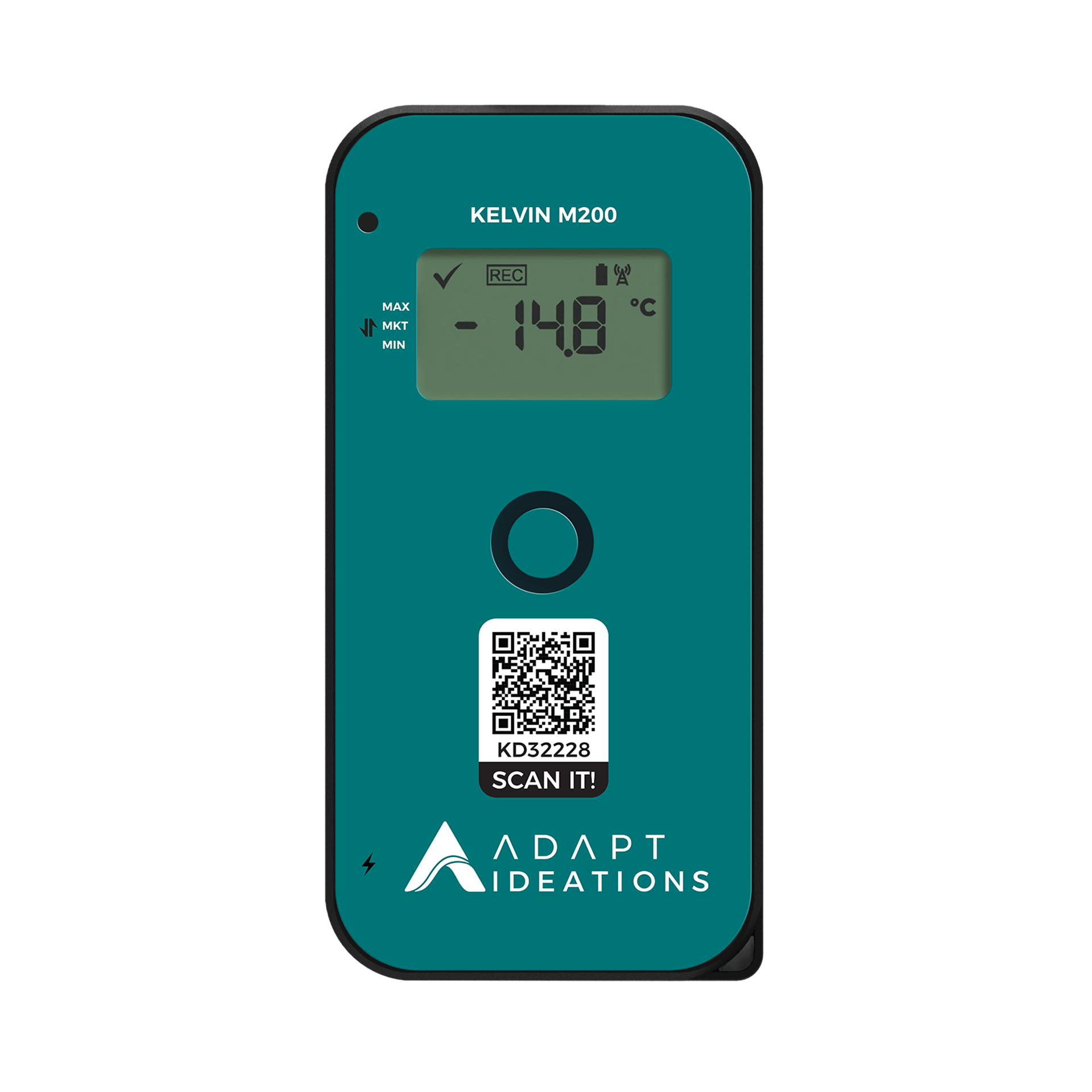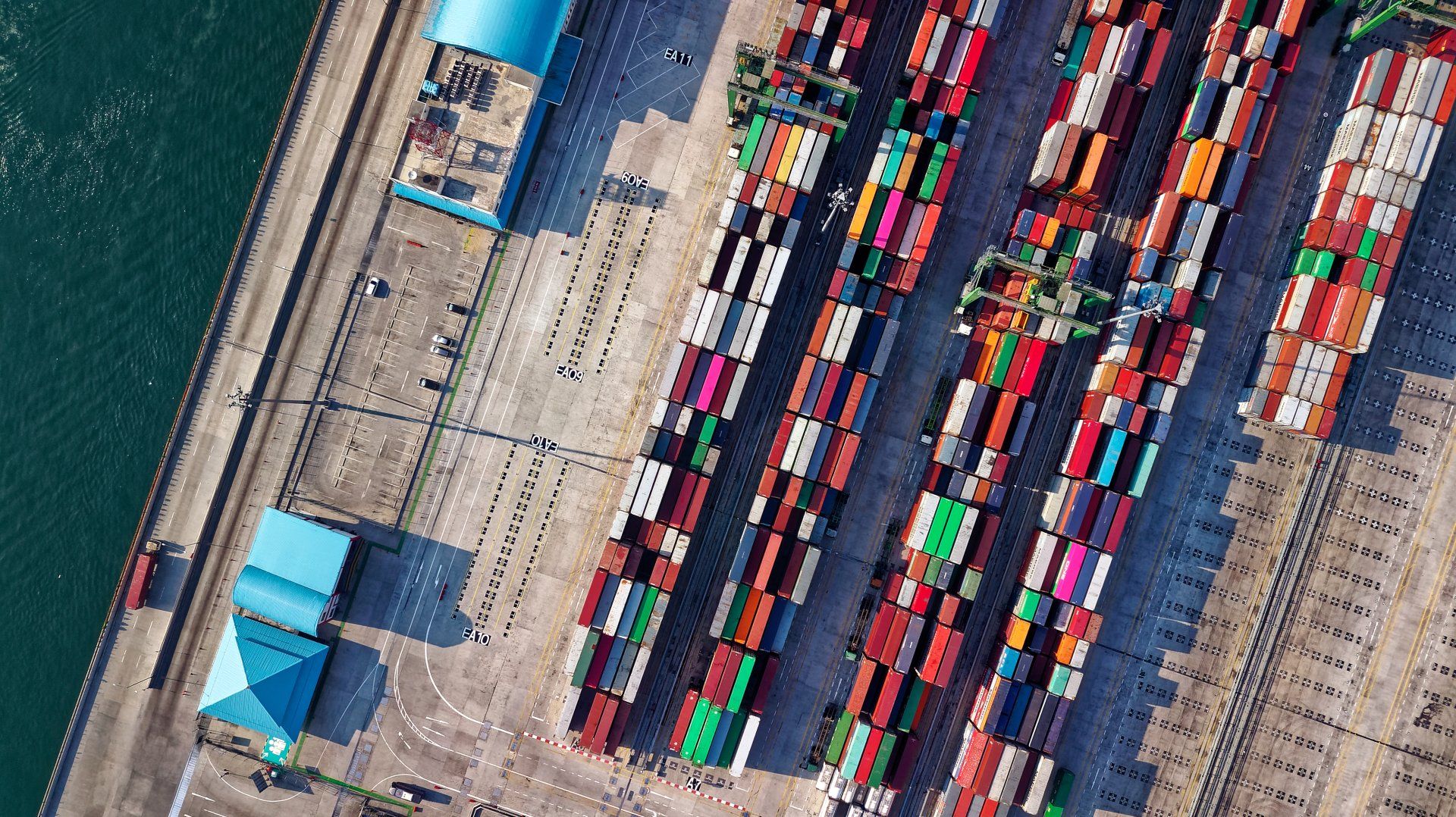In the dynamic landscape of pharmaceuticals, the quest for supply chain compliance has never been more crucial. The delicate balance of pharmaceutical supply chain compliance comprises adhering to stringent regulations, ensuring product quality, and safeguarding patient safety. As the pharmaceutical industry continues to evolve, it's imperative to take a deep dive into the complexities of pharmaceutical supply chain compliance.
1. Setting the Stage: The Significance of Pharmaceutical Supply Chain Compliance
2. Compliance Requirements in the Pharmaceutical Supply Chain
3. The Pharmaceutical Supply Chain Process
A. Overview of the Supply Chain Participants
B. Supply Chain Process
4. The Drug Supply Chain Act (DSCSA)
Challenges & Opportunities
5. Challenges: The Rocky Terrain of Compliance
6. The Role of Track and Trace Solutions in Upholding Compliance
7. Real-time Monitoring & Temperature Control
Achieving Efficiency & Compliance with Adapt Ideations' Solutions
To Conclude
1. Setting the Stage: The Significance of Pharmaceutical Supply Chain Compliance
The heartbeat of the pharmaceutical industry is compliance alongside adhering to a multitude of regulatory requirements. It's more than just a legal box to tick, it's about safeguarding patients and ensuring the efficacy of medicinal products. Compliance is the backbone of the supply chain, dictating every movement from inception to the end-user.
Why Does Compliance Matter?
Consider this: the valuation of the biopharmaceutical and life sciences industry is currently at $1,587.05 billion. Compliance has a significant role to play as the pharmaceutical industry is underpinned by trust. Patients trust that the medication they receive is safe for use, and that trust begins with compliance. That is why regulatory bodies and pharmaceutical companies must adhere to these compliance standards to maintain that trust, ensure pharmaceutical efficacy and patient safety.
We cannot overstate the significance of Good Manufacturing Practices (GMPs) and Good Distribution Practices (GDPs) in maintaining the quality of pharmaceuticals. These practices ensure and minimise risks involved in production and that patients receive safe and effective medications.
Maintaining compliance in the pharmaceutical supply chain is no easy feat. Rapid temperature fluctuations, exposure to light and heat, shock exposure to products, limited supply chain visibility, and the complexity of operations are just a few of the challenges experienced.
2. Compliance Requirements in the Pharmaceutical Supply Chain
What does pharmaceutical supply chain compliance entail, and why is it so crucial? Let's dissect the concept:
The pharmaceutical supply chain operates within a framework of crucial legal and ethical standards. These rules are not merely recommendations; they are the foundation upon which the safety of patients, the effectiveness of pharmaceuticals, and the reputation of the industry are built. Compliance is the compass guiding every step, ensuring that each stage aligns with established norms and maintains the highest standards.
Here's a breakdown of critical regulatory aspects:
DSCSA Overview: This act mandates the tracking of prescription drugs as they move through the supply chain.
- The Drug Supply Chain Security Act (DSCSA) is a critical U.S. regulation.
- It mandates that all medicinal products must be tracked from 2023 onwards.
- This regulation emphasises end-to-end visibility throughout the global supply chain.
- The compliance deadline is November 27, 2023, making it a pressing concern for pharmaceutical companies.
FDA 21 CFR Part 11: This regulation is a set of rules issued by the U.S. Food and Drug Administration (FDA) to ensure electronic records and signatures' reliability involved in pharmaceutical production.
- FDA 21 CFR Part 11 compliance is another vital requirement.
- It focuses on electronic records and electronic signatures.
- Compliance is a must for ensuring data integrity in the pharmaceutical supply chain.
- It's an integral part of maintaining compliance and record-keeping standards.
The number of regulations and mandates in place today reflect the growing pressure on pharmaceutical companies to adopt innovative solutions to navigate the evolving regulatory landscape effectively.
Regulations and compliance are not abstract concepts. They are the guiding principles that secure pharmaceutical supply chains and protect patient safety.
3. The Pharmaceutical Supply Chain Process
A. Overview of the Supply Chain Participants
The pharmaceutical supply chain involves multiple stakeholders who collaborate to ensure the safe and timely delivery of medications. These stakeholders include:
- Drug Manufacturers: Responsible for producing pharmaceutical products.
- Packaging Companies: Ensure proper packaging and labelling of medications.
- Wholesale Distributors: Handle the distribution of pharmaceutical products to various points.
- Healthcare Providers: Administer medications to patients.
- Pharmacists: Dispense medications to patients.
B. Supply Chain Process
The supply chain process consists of several interconnected stages:
- Sourcing Raw Materials: Raw materials are sourced and prepared for pharmaceutical manufacturing.
- Manufacturing: Pharmaceuticals are manufactured under strict GMP standards.
- Distribution: Wholesale distributors handle the distribution of medications.
- Delivering Medications to Patients: Healthcare providers and pharmacists ensure that patients receive the correct medications.
Understanding these stages is pivotal to grasping the challenges faced in maintaining compliance and ensuring patient safety.
4. The Drug Supply Chain Security Act (DSCSA)
The Drug Supply Chain Security Act (DSCSA) is a pivotal piece of legislation in the United States that is reshaping the pharmaceutical supply chain. It was signed into law on November 27, 2013, and its implementation has been gradual, with one of the most critical deadlines looming on November 27, 2023.
The crux of the DSCSA requires pharmaceutical companies to ensure the traceability and tracking of pharmaceutical products from their origin to the endpoint of delivery. It includes manufacturers, repackagers, wholesale distributors, and dispensers. All playing a crucial role in maintaining an unbroken chain of custody.
One of the most crucial aspects of the DSCSA is its impending compliance deadline. By November 27, 2023, all pharmaceutical products in the United States must comply with the DSCSA's provisions. Failure to meet these requirements may result in serious consequences, such as fines and penalties.
For pharmaceutical companies, the DSCSA is a game-changer, necessitating a complete overhaul of the way products are tracked, recorded, and reported throughout the supply chain. Companies are required to implement technologies and systems that ensure real-time tracking and tracing of individual pharmaceutical product units, right from their manufacturing origin to the point of sale or consumption.
The DSCSA isn't just a regulation. It's a fundamental shift in the industry's approach towards product safety, integrity, and accountability as it aims to combat issues such as counterfeit drugs, product diversion, and other threats to patient safety by fostering a transparent and accountable supply chain.
Challenges & Opportunities:
While complying with the DSCSA might pose significant challenges due to the implementation of new systems and processes, it also presents a unique opportunity for companies to invest in modern technologies like track and trace solutions. These systems not only ensure compliance with the law but also offer companies a competitive edge by improving efficiency and bolstering consumer trust.
In summary, the Drug Supply Chain Security Act is a watershed moment in the pharmaceutical industry. It propels companies to adopt innovative technologies and stringent tracking measures. In addition, it also ensures the integrity and safety of pharmaceutical products throughout their journey in the supply chain. Compliance with the DSCSA isn't just a legal requirement; it's a commitment to patient safety and the integrity of the pharmaceutical industry as a whole.
Read more about -
The Importance of Data - How Temperature Loggers Help Digitalise Pharma Processes.
5. Challenges: The Rocky Terrain of Compliance
The challenges faced in achieving and maintaining compliance within the pharmaceutical supply chain are daunting. The $37 billion annual biopharmaceutical waste due to cold chain logistics challenges illuminates the gravity of these obstacles.
Pharmaceutical companies grapple with rapid temperature fluctuations, exposure to light and heat, and limited supply chain visibility. The lack of end-to-end transparency and the complexity of managing numerous stakeholders pose constant threats to compliance. In such a landscape, navigating the cold chain with precision becomes imperative.
Read more about -
Challenges of Global Track & Trace Solutions For The Pharma Industry.
6. The Role of Track and Trace Solutions in Upholding Compliance
It is where the stars of the show come into play - Track and Trace Solutions
Track and trace solutions are the lifeblood of pharmaceutical supply chain compliance. These innovative technologies offer much-needed visibility, allowing pharmaceutical companies to track temperature-sensitive products, ensure end-to-end monitoring, and achieve greater efficiency in compliance adherence.
At the core of this solution lies Adapt Ideations' active tracking and monitoring solutions. Our innovative IoT enabled devices offer real-time monitoring and alerts on vital conditions such as location, temperature, shock and light, assuring adherence to the stringent temperature requirements for pharmaceutical products.
Read more about -
The Significance Of Technology In Pharmaceutical Logistics Optimisation.
7. Real-time Monitoring & Temperature Control
In the world of pharmaceuticals, temperature control is paramount. Many products are sensitive to temperature variations and require transportation and storage within a narrow range of 2°C to 8°C.
Meet the game-changers: Adapt Ideations' temperature data loggers and IoT monitoring solutions. Our innovative devices offer real-time monitoring, ensuring that pharmaceutical products are safeguarded throughout their journey.
Achieving Efficiency & Compliance with Adapt Ideations' Solutions
Adapt Ideations offers:
- Real-time Visibility of Temperature-Sensitive Shipments: Ensure that pharmaceutical products remain within the required temperature range during transit in addition to monitoring other vital conditions.
- Meeting Pharmaceutical Compliance Standards: Our solutions align with global compliance standards, including the Australian Code of Good Wholesaling Practice and the Drug Supply Chain Security Act.
- Sustainability & Efficiency: We at Adapt Ideations promote greener cold chains by providing innovative IoT solutions, emphasising sustainability at the core of their operations.
If you're searching for reliable track and trace solutions to streamline your pharmaceutical supply chain, consider
Adapt Ideations' KELVIN IoT monitoring Track and Trace devices.
To Conclude
In conclusion, pharmaceutical supply chain compliance is more than just a legal requirement; it's a promise to patients and a commitment to quality. With the ever-evolving landscape of regulations and the rising challenges within the industry, pharmaceutical companies must adapt.
Our
KELVIN range of active Track and Trace
solutions provide vital real-time monitoring and alerts necessary to overcome compliance challenges and elevate supply chain efficiency.
Take the leap towards a safer, more compliant and sustainable pharmaceutical supply chain with Adapt Ideations. Your journey to excellence begins here.
Get in touch with us today at enquiries@adaptideations.com for further information on our solutions.
Awards & Recognition
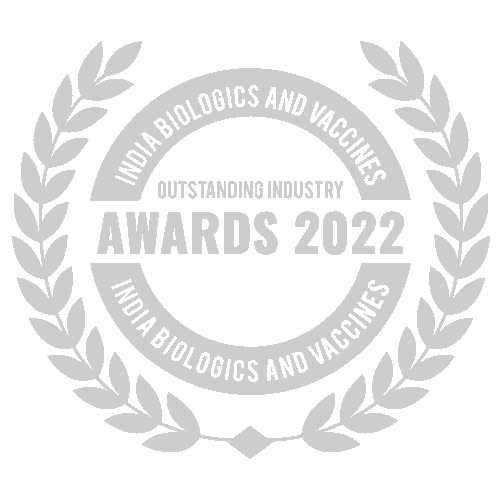
Best Temperature Monitoring Solution Provider
Awarded by India Biologics & Vaccines Outstanding Industry Awards 2022
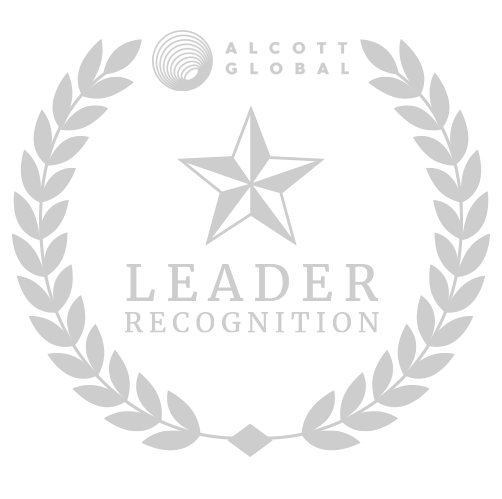
Adapt Ideations Recognised As A Supply Chain Leader
by Alcott Global on Supplify's Supply Chain Tech Map 2.0
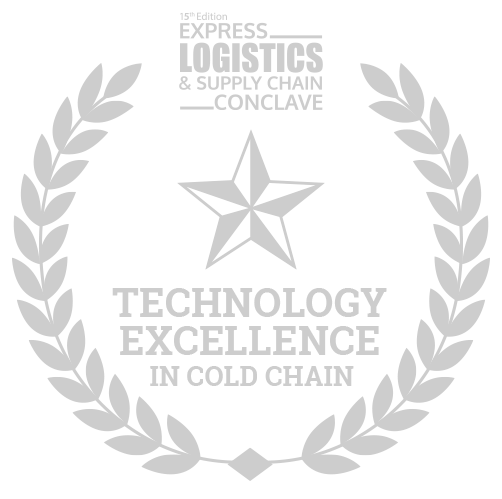
Related Articles.



Our Guides.
Sign up to our monthly newsletter!
Thank you for signing up.
Please try again later
